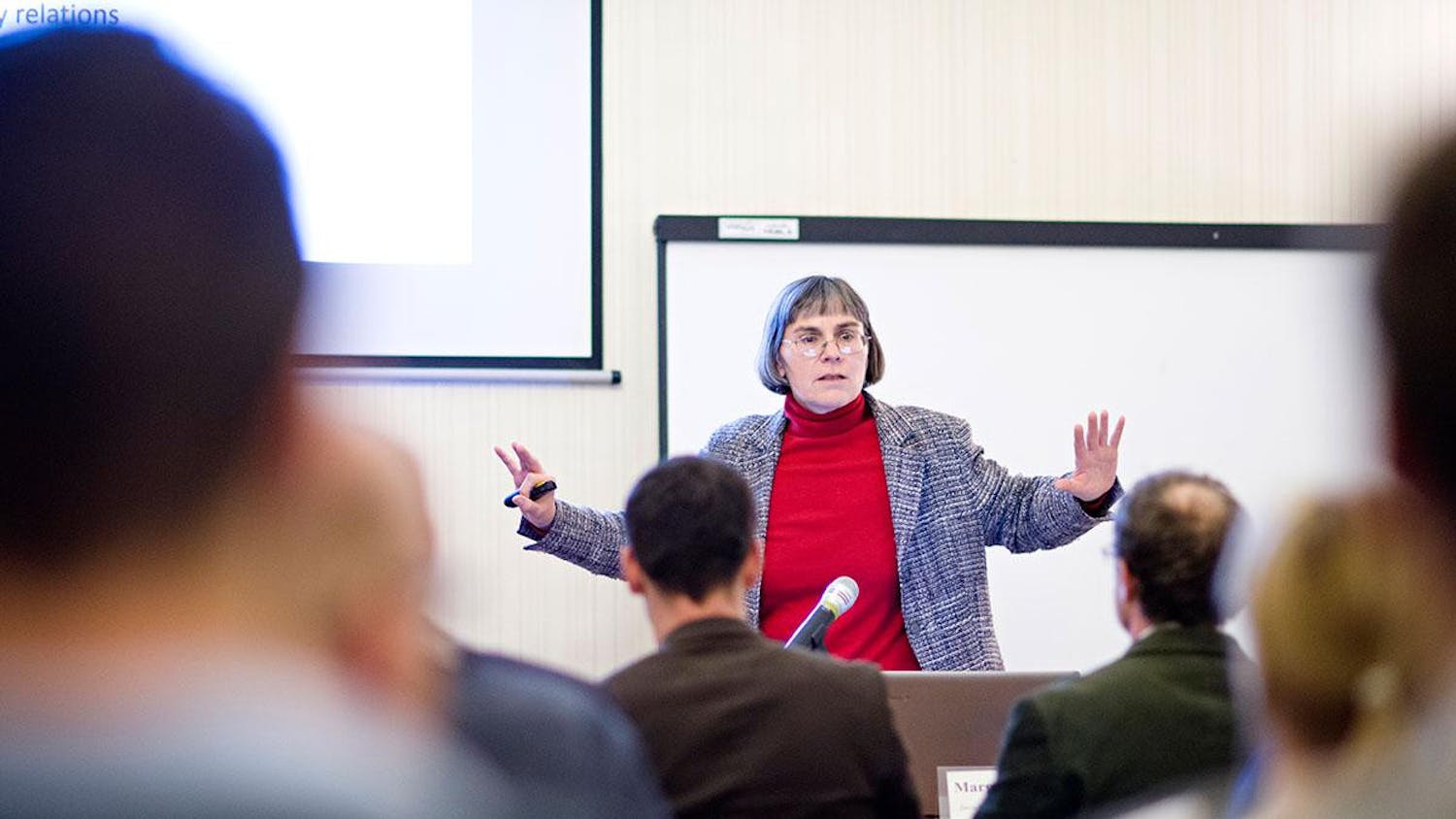"59 Seconds: Change Your Life in Under a Minute,"a new self-help book by Richard Wiseman, uses simple language and entertaining anecdotes to explain ten techniques that will change your life for the better. Wiseman's scientifically supported techniques are more practical, effective and relevant to the lives of college students than the habits of Stephen Covey's "The 7 Habits of Highly Effective People," a book Seton Hall students are probably familiar with. "59 Seconds" outshines it for these reasons.
"59 Seconds" is easy to pick up because of the simplicity of its language, and hard to put down thanks to the fascinating look at the science behind each of the ten techniques that Wiseman presents. Psychobabble is kept to a minimum in Wiseman's book – you won't find words like "paradigm" or "synergize" here – and even the psychology behind the techniques is explained in a way that is easily understood. Take, for example, the first technique which tackles happiness.
Wiseman describes a study that was done to determine whether talking about traumatic events helps alleviate some of the pain caused by it. The results were surprising: contrary to popular belief, talking about traumatic events did very little to help the people who suffered through them. Writing about the event, on the other hand, proved to be very effective because writing "encourages the creation of a story line and structure that help people make sense of what has happened and work toward a solution."
The opposite proves true as well: not only does writing about upsetting events help alleviate emotional pain, writing about happy events and things that inspire a feeling of gratitude can cause an elevation in happiness that can last for months. The 59-second solution, then? Take a minute to write about the things in life that you are grateful for.
Perhaps an even more practical and useful technique that Wiseman presents is one that helps people overcome procrastination.
According to Wiseman, "Procrastination is a surprisingly complex phenomenon that can stem from a variety of causes, including fear of failure, perfectionism, low levels of self-control…" How then, is it possible for one technique to solve the problem presented by all of these causes? It is simple: these causes are linked to the feeling of being overwhelmed by the size of the task at hand. If one can be persuaded to start it, they will soon be anxious to finish it. It really is that simple, especially in comparison to Covey's technique.
Covey only deals with procrastination indirectly it seems, through the breakdown of several quadrants containing different activities that people participate in every day. He merely states that by focusing on the activities of Quadrant II, activities that are deeply important but not yet urgent (say, a nine page paper that is due in two weeks), "Your crises and problems would shrink to manageable proportions because you would be thinking ahead, working on the roots, doing the preventive things that keep crises from developing in the first place." Tell us something we don't know--and in fewer words.
Boosting happiness and overcoming procrastination are only two of Wiseman's techniques—he also presents ways to reduce stress, lose weight, give a flawless job interview and never regret a decision again. These are topics highly relevant not only to the lives of college students, but to the lives of people around the world. It is clear that the stuffy writing style of Stephen Covey cannot compare to the genuinely clean, simple and enjoyable style of Richard Wiseman, and the fact that Wiseman tackles real world problems at the source makes "59 Seconds" a far more practical and effective guide to changing yourself and your life for the better.





